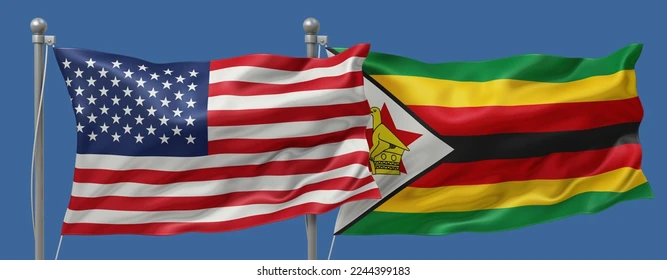
GRAIN millers require a total of 150 000 tonnes of maize to meet the country’s consumer demand before the new harvest lands on the market, it has been learnt.
Report by Tarisai Mandizha
The development comes after the Grain Marketing Board (GMB) last month stopped selling maize to millers.
According to the Africa Development Bank (AfDB) Zimbabwe monthly economic review for March, GMB currently has 92 000 tonnes of maize in its reserves and has since stopped selling to millers, reserving it for the grain loan scheme.
“Poor harvest and lack of fertiliser in the last season has left the country with severely depleted grain reserves,” the AfDB monthly report read.

“This is because the reserved grain is insufficient and transporters are not willing to move it to the affected areas as they are not paid on time,” AfDB said in its monthly report.
AfDB said Zimbabwe usually imports maize from Malawi, South Africa and Zambia, but the costs involved in moving the grain from these countries were too high compared to buying from the GMB.
- Chamisa under fire over US$120K donation
- Mavhunga puts DeMbare into Chibuku quarterfinals
- Pension funds bet on Cabora Bassa oilfields
- Councils defy govt fire tender directive
Keep Reading
The regional lender said there was need for the government to come up with strategies to ensure that grain reserves were well-stocked and that transporters were paid on time to avoid unnecessary food shortages in some parts of the country.
Presenting the first quarter state of the economy report on Monday, Finance minister Tendai Biti said the government had finalised arrangements to mobilise and ring-fence $5 million towards the importation of maize.
Official figures show that the country has to date imported 432 400 tonnes of maize to meet the cereal gap of 436 211 tonnes.
A total of 1,4 million people, according to Biti, are currently receiving assistance through the government and humanitarian agencies.
“Currently, the government is negotiating with the Zambian government for the importation of 150 000 tonnes of maize valued at $60-$70 million, as part of the Grain Importation Programme,” Biti said.
“The grain importation programme will be funded by both government and private sector players, in view of the limited capacity of the fiscus.”











